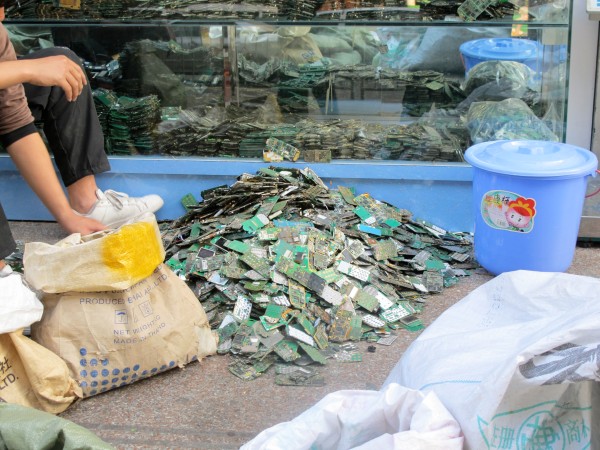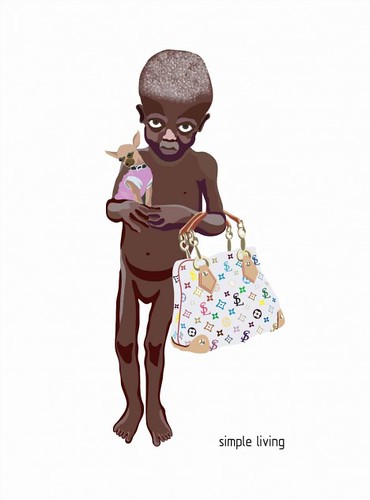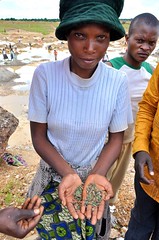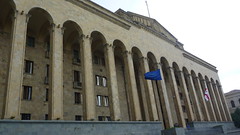
As I walk by Georgian Parliament on my way to the nearby café in the morning, I notice two flags always flying out front: The Georgian ride and white flag, and the European Union navy blue with yellow stars flag (Georgia is a part of the Council of Europe among other institutions). When I discuss the position of Georgia in the world, although bordered by nations like Russia and Armenia (to name 2) it is widely proclaimed that Georgia is part of Europe. Like numerous nations located even closer to the heart of the European Union, the goal here is very much to one day be part of the European Union. Why? Although I don’t usually get a specific answer, the implied answer is a sense of belonging. Perhaps also the goal of achieving the quality of life similar to that which it is thought members of the EU enjoy. Or to make it even more basic, one major reason is to further distance this place from Russia, a nation that is – to put it mildly- disliked. As part of not liking Russia, there is the goal to make sure the world knows (as well as Russia itself) that Georgia is very much with those guys over there on the other side of the Black sea. No longer a victim of their occupation but standing on its own two feet with its European friends.
Now compare this sentiment with that in Southern Europe these days, where people are enraged and disillusioned; not exactly with the European Union, but with their own governments who of course are members of the EU and have presided over, if not played a role in, a massive economic collapse and policy failure. While some nations in the EU curse their governments for not representing them in what is financially a very troubled union, here we find those outside wishing to get in. With what seems like very different goals, at least when it comes to the symbolic desire to be EU… maybe Georgians would find more happiness in being a member state, even if the economy looks pretty bad.
In the coming days here in Tbilisi, I’ll of course hear more about this bid to be part of the EU and the primary reasons for it. I’ll report back with what I learn.
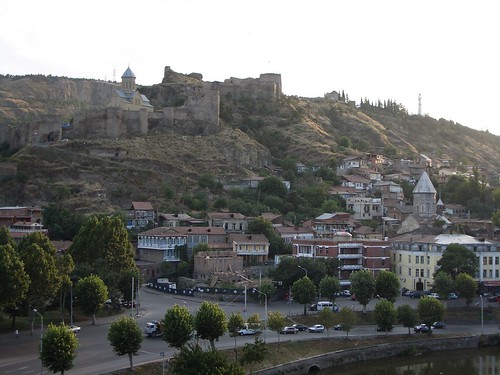
 While people continue to die in Libya as part of the battle to oust Gaddafi, NATO continues to drop bombs on what are known as “strategic targets”. While their governments talk tough about liberating the people of Libya from tyranny, up in Europe, France and Italy are panicing about the increase in migrants arriving from Africa on their shores. Despite long being part of the Schengen treaty that ensures free travel between EU states, they have now openly taken action to check and limit such travelling. A decision that is causing alot of concern and frustration to those that believe in respecting agreements and free travel within the EU.
While people continue to die in Libya as part of the battle to oust Gaddafi, NATO continues to drop bombs on what are known as “strategic targets”. While their governments talk tough about liberating the people of Libya from tyranny, up in Europe, France and Italy are panicing about the increase in migrants arriving from Africa on their shores. Despite long being part of the Schengen treaty that ensures free travel between EU states, they have now openly taken action to check and limit such travelling. A decision that is causing alot of concern and frustration to those that believe in respecting agreements and free travel within the EU.